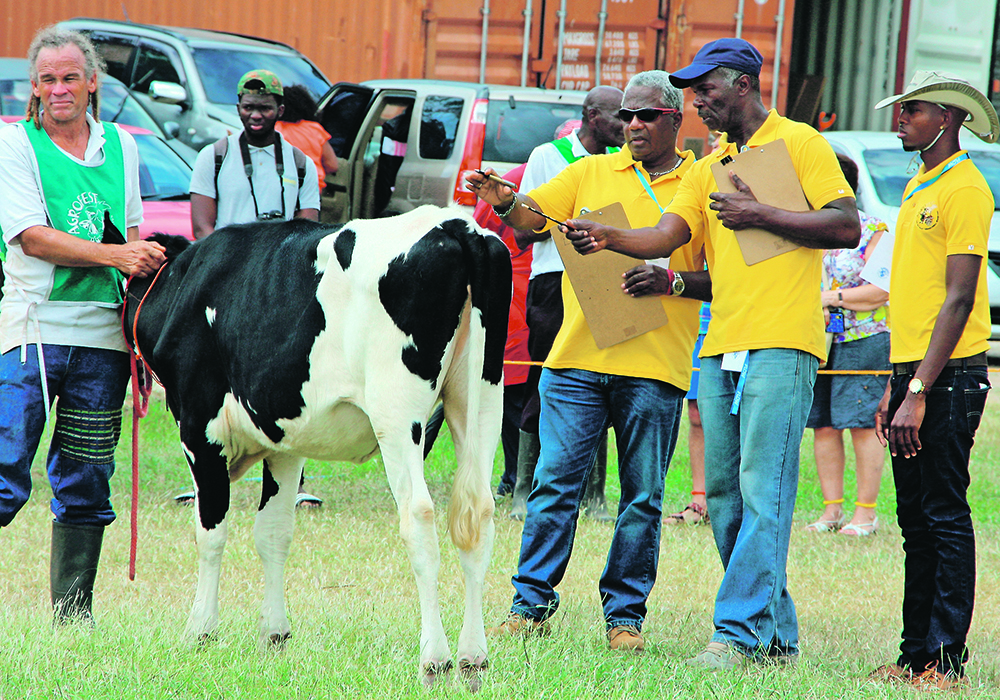Sugar is no longer king in this Caribbean Island country and the government has initiated a plan to enhance food security
BRIDGETOWN, Barbados — The agricultural history of Barbados, an island in the eastern Caribbean about 900 kilometres off the coast of Venezuela, can be traced to the early days of the 16th century.
British settlers saw the agricultural potential. Prior to their arrival, the Spanish and Portuguese had driven away the indigenous people and deforested the land. The early British settlers established cotton, tobacco, sugar cane, yam and cassava. By the mid 1600s, valuable sugar was being exported to England and Barbados became the springboard for English colonization.
For three centuries, sugar was king and mills were powered by windmills brought in by Dutch settlers in the 1700s. During this period, the arable land crop rotation was one-third sugar cane, one-third food crops of yam, sweet potatoes, guinea corn or maize, and one-third pasture for the plantation animals. There were 500 plantations on the island, which measures 34 km by 14 km.
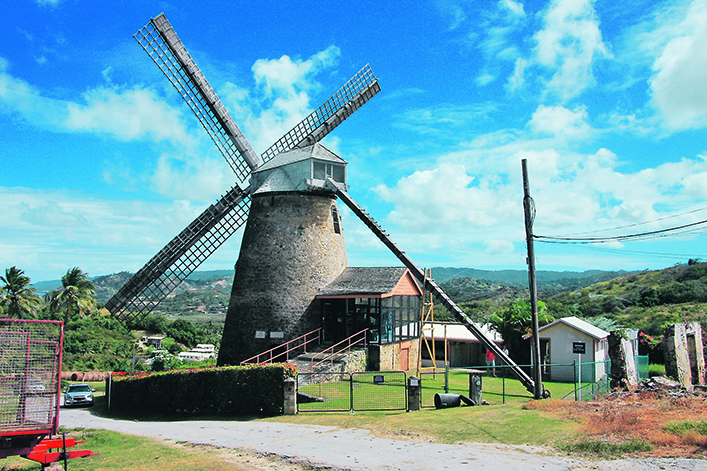
Today, sugar is no longer king and few sugar mills are still in operation.
Prime Minister Mia Amor Mottley and her new majority Labour Party have initiated a plan to enhance food security in the country.
Under the Farmers Empowerment and Enfranchisement Drive (FEED) program, the goal is to reduce costly imports of primary agricultural products by 25 to 30 percent.
Clusters of local farmers are provided with small leasable land holdings and access to farm equipment pools, financial loans and agricultural training to grow more food crops locally.
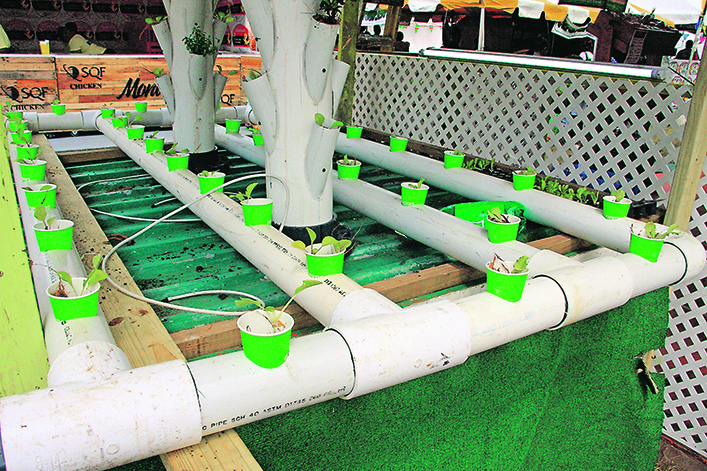
“We want to control what Bajans (Barbadians) eat. We have the battle against climate change and trade wars and we want to emphasize our need for food security. That’s why we call it the Ministry of Agriculture and Food Security,” said Mottley in a written statement. “We want to ensure that there will be a market for the agricultural products we produce and we want to reduce our dependency on imports and reduce foreign exchange.”
Mottley said the country is increasing agricultural research to explore medicinal cannabis, expanding the Black Belly sheep industry and expanding sugar cane breeding.
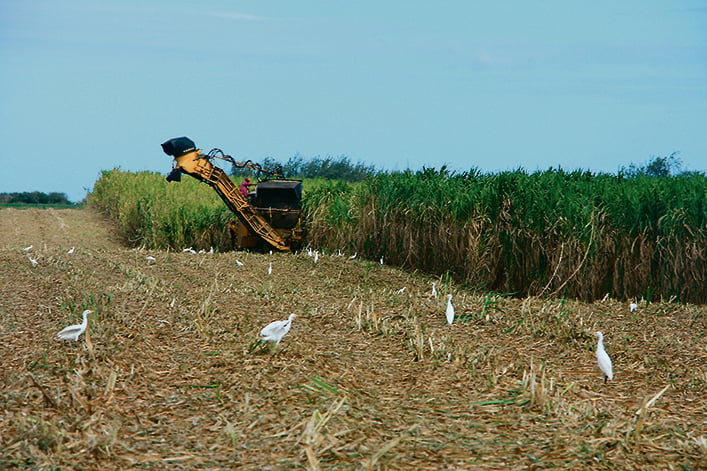
Black Belly sheep is the dominate breed of livestock in Barbados and originated from African stock in the early days of settlement. They are raised mainly for their lean and mild-flavoured meat. These sheep are disease resistant and parasite tolerant and are able to tolerate heat and have more stamina than most breeds of sheep.
Barbados is also noted for its rum and stakes claim to being its birth place. Commercial production started around 1640. The story goes that the word rum was derived from the word “rumbullion,” an archaic English word for riotous party, which many of the visiting seaman attended. They carried the liquor back to England, and by 1785 Great Britain was importing 3.5 million gallons of rum per year.
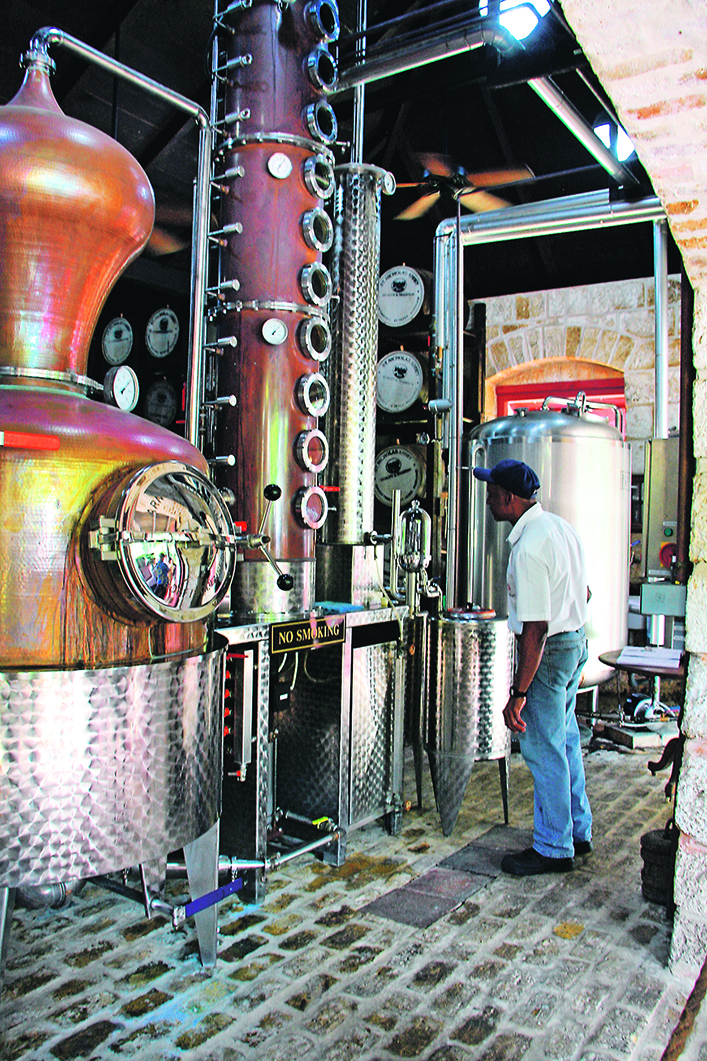
Today, rum remains a major export and hundreds of rum shops still exist all over the island, a Bajan model of a small convenience store, as well as a place for people to meet.

